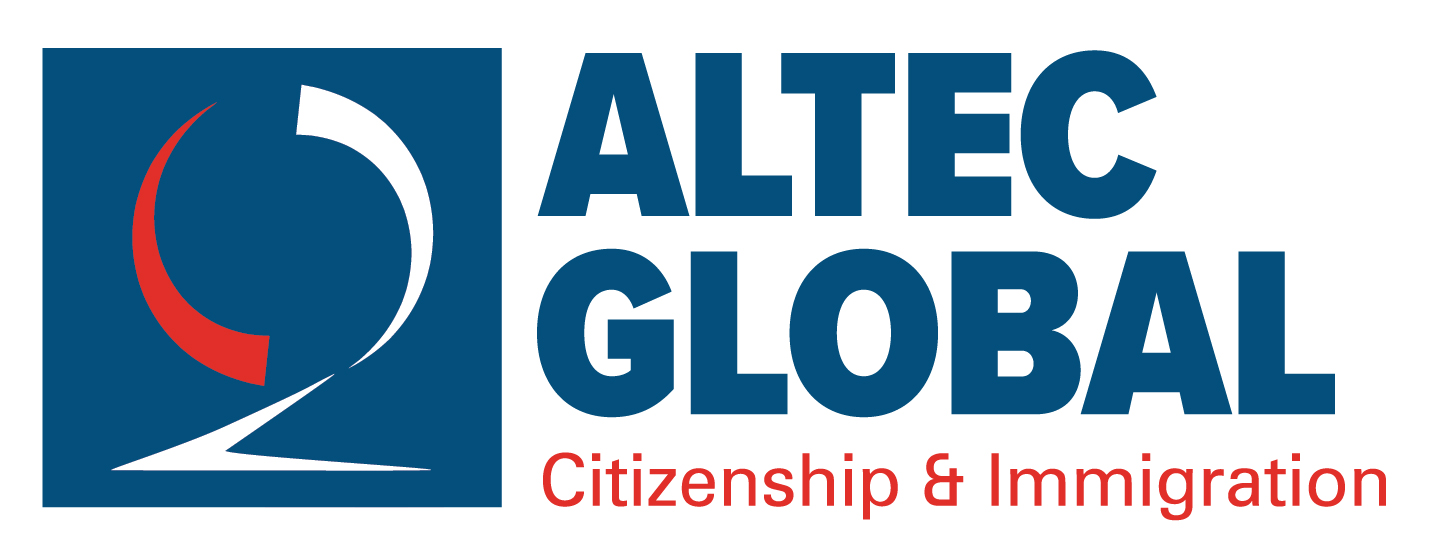In just 24 days, from November 14 to December 8, 2022, CBC reported on three distinct suspected Canadian immigration scams.
A Concordia University student in Edmonton who recently immigrated to Canada from Iran lost close to $11,000 as a result of phone scammers. Early in December, reports claimed that a Ghanaian man had fallen victim to a job fraud on social media that also demanded payment for a health insurance charge. He was alert, thankfully, and knew this was a scam before paying any money.
It’s possible that the “dozens of victims” who were reportedly defrauded of “$5000 or more” each by a Vancouver immigration expert weren’t as fortunate. A class action lawsuit has now been brought against the immigration consultant involved in this scam on the grounds that she misrepresented herself as a lawyer and misled immigrants “with promises of a road to permanent residence in Canada through a nonexistent program.”
The aforementioned instances serve as proof of how widespread immigration frauds in Canada are. As a result, the following lists three points to keep in mind to help current and potential Canadian immigrants who are hoping to work, study, or come to this nation avoid the severe repercussions of becoming a victim of immigration fraud or scams.
IRCC and fines/fees collection
Frauds involving immigration, as well as scams in general, are increasingly committed over the phone. In reality, a survey done for a CityNews Vancouver article published in January 2022 revealed a 20% increase in scam calls in Cantonese or Mandarin during 2019. The President of Vancouver-based research company Research Co. claims that 60% of mobile users receive fraudulent calls posing as representatives of a government institution, which only serves to exacerbate the situation.
In order to prevent penalties like deportation, it is crucial for prospective immigrants to Canada to realize that Immigration, Refugees and Citizenship Canada (IRCC) will never contact anybody by phone, email, or in person to collect fees or fines. Scammers “frequently give a phony name and agency number to appear official,” according to the IRCC, but it is strongly advised that these calls are always a hoax.
If someone calls and demands money or personal information, do not be hesitant to phone the police in your area and/or report the occurrence.
The official scam/fraud identification tools provided by IRCC
If someone calls and demands money or personal information, do not be hesitant to phone the police in your area and/or report the occurrence.
Finding reliable information is important for immigrants when they travel to a new nation. Unreliable information is all over the internet these days because anyone can establish a website or blog and declare themselves an authority on any topic they want. For this reason, any immigrant’s trip to Canada depends heavily on official government resources.
Keep in mind that the IRCC also provides official government tools (FAQs and tip sheets) to aid those who have recently immigrated to Canada as well as those who want to do so in the future in recognizing and avoiding immigration-related fraud and scams.
The IRCC offers a wealth of online resources on all of these topics, whether someone is looking for information on a specific sort of fraud or scam (such as document fraud, telephone fraud, or internet fraud). These resources will aid both recent immigrants to Canada and those who aspire to immigrate to Canada in the future in remaining vigilant and safeguarding themselves from such circumstances.


Recent Comments